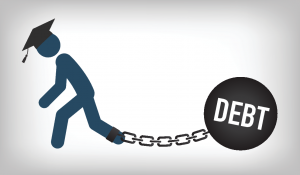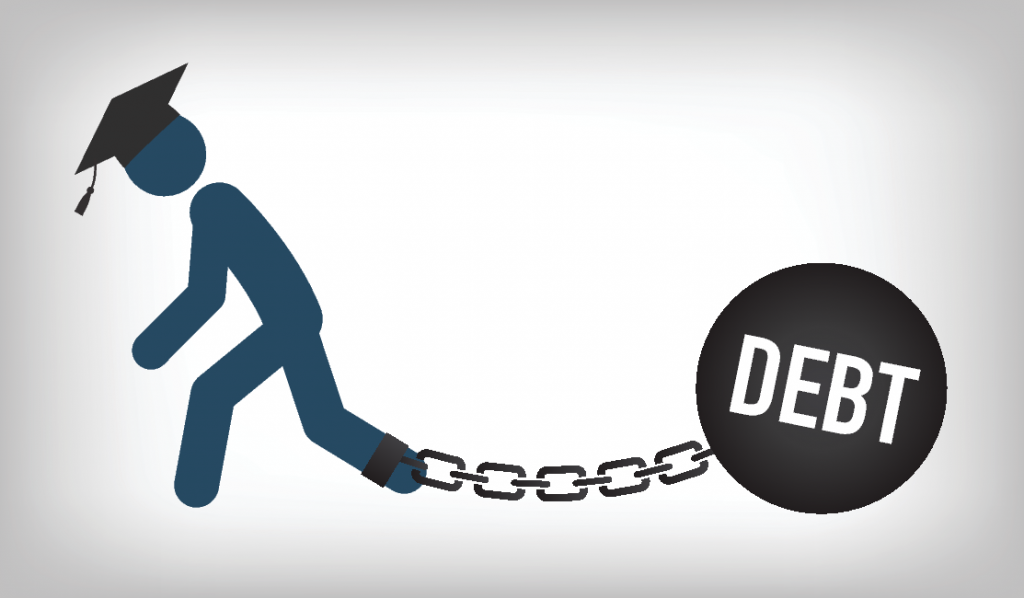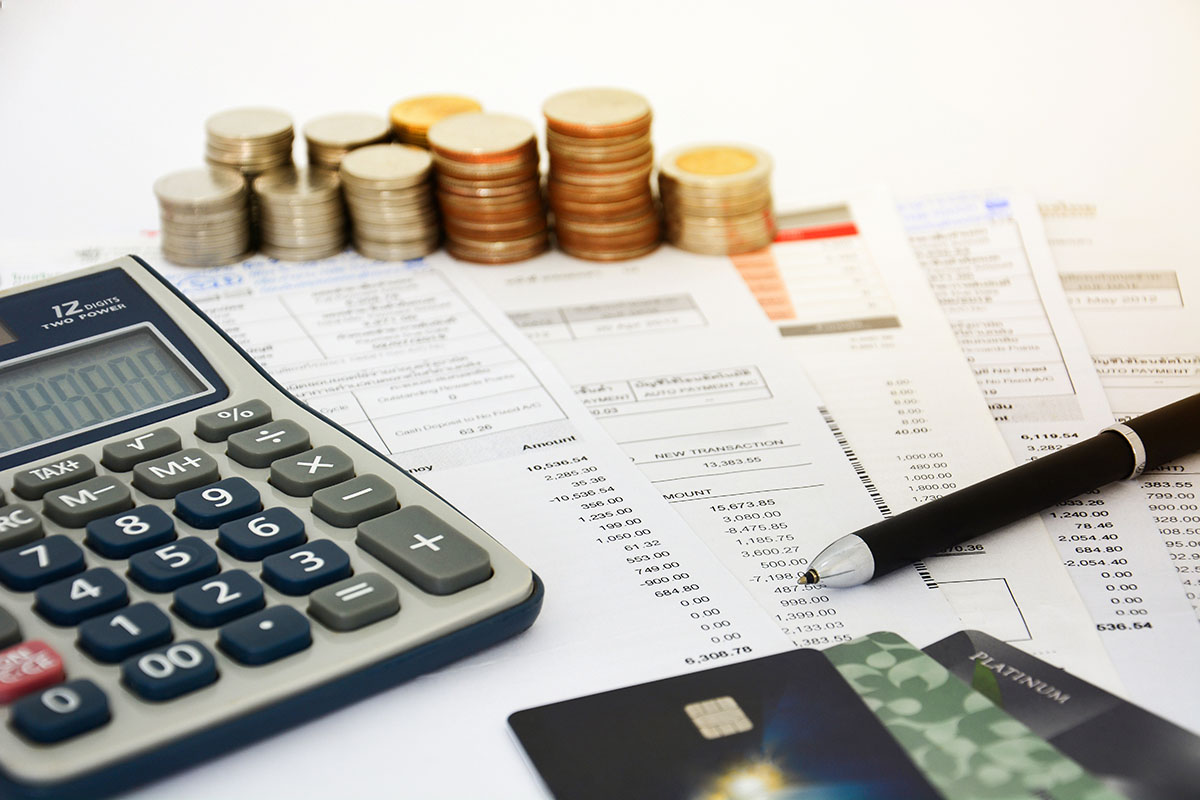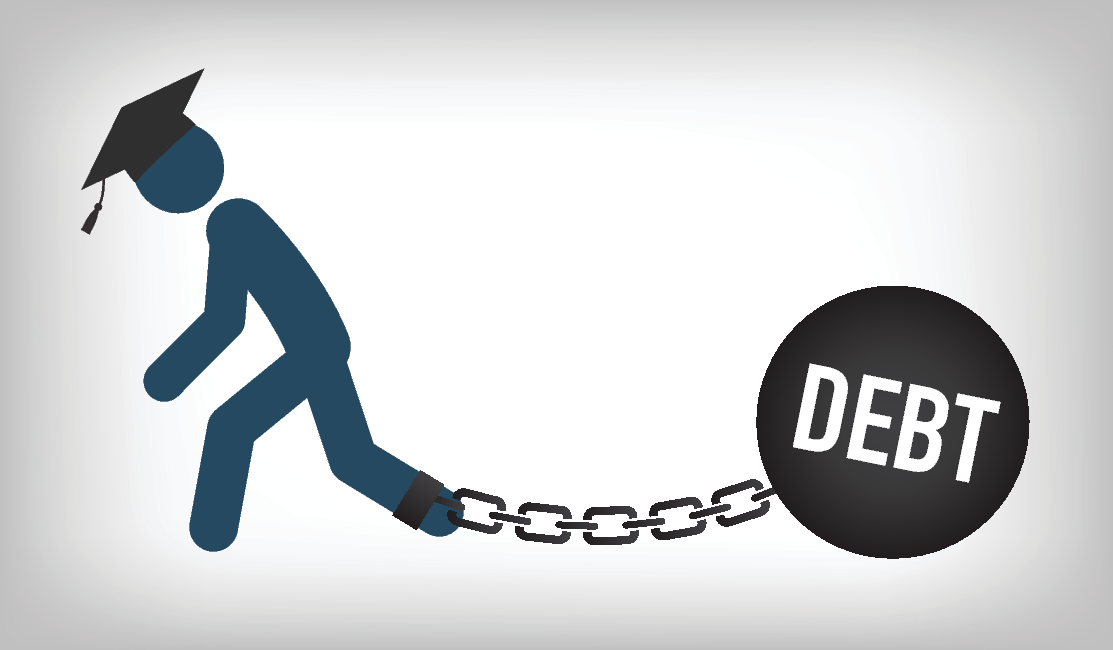What Happens to Debt After Bankruptcy?
 Getting started with the Arizona bankruptcy process is a step in the right direction towards making yourself debt-free. There are, however, some questions that may arise while you’re dealing with the bankruptcy.
Getting started with the Arizona bankruptcy process is a step in the right direction towards making yourself debt-free. There are, however, some questions that may arise while you’re dealing with the bankruptcy.
What will happen, for example, with debt you accumulate during or after the filing?
debt. Most often, people who do an Arizona Chapter 7 filing have concerns about additional debt they accumulate and whether it would be possible to get a discharge on these sums. This kind of debt is known as post-petition
Post-Petition Debt Cannot Be Discharged in That Filing
When doing a Chapter 7 bankruptcy filing, you have to include all of your debt in the bankruptcy estate. Based on this information, the trustee will carry out the property and asset liquidation process that will make you debt-free.
Debt that has been accumulated during the bankruptcy filing or before you receive a discharge isn’t included in the bankruptcy estate.
As a result, post-petition debt cannot be discharged in the Arizona Chapter 7 bankruptcy filing you’re doing right now.
To get a better idea about what’s going on, take a look at the date on which the bankruptcy petition was filed. If you had the debt prior to that date, it is considered pre-petition and it can be discharged via the filing. Post-petition debt is a term that refers to all kinds of debt accumulated after the bankruptcy filing date.
Chapter 13 Bankruptcy and Post-Petition Debt
The situation is a little bit different in the case of a Chapter 13 filing.
Chapter 13 bankruptcies do not lead to debt discharge. Rather, you have a repayment plan created for you. The aim of the plan is to help you manage the debt and repay a significant portion of it. A Chapter 13 repayment plan is usually valid for a period ranging three to five years.
Anyone who does a Chapter 13 bankruptcy filing is under a court-approved payment plan. For new loans to be taken, resulting in the accumulation of additional debt, the debtor will have to obtain court approval.
A motion to incur debt will have to be filed by your Arizona bankruptcy attorney. It’s up to the court to determine whether the loan is going to be approved or declined.
The accumulation of additional debt under a Chapter 13 payment plan is most often needed for the purchase of a new vehicle, a car or for the coverage of emergency medical expenditure, for example. If you’re dealing with such a situation, you will need to notify your bankruptcy trustee.
Going ahead to get a loan or to accumulate a new debt could make it difficult to complete the Chapter 13 payments and finalize the bankruptcy. Thus, you should always consult a legal professional before moving on to introduce a massive financial change.
Recurrent Monthly Debt and Bankruptcy
Various types of loans necessitate recurrent payments that will continue even after you do a bankruptcy filing.
Monthly obligations incurred before the bankruptcy filing are considered pre-petition debt. The ones that come after the bankruptcy filing date are classified as post-petition debt.
Only the pre-petition debt will be eliminated but most often, such kinds of loans are secured.
What does this mean? Even if you do get the discharge, the lien will remain intact. Thus, if you stop making payments, you could potentially lose the collateral (your car, your house, etc.).
This means that you have to keep up with the payments that are to be addressed after the bankruptcy discharge is received. The fact that some pre-existing debt has been discharged does not mean you’re freed from your obligation to continue making those monthly installments.
Click here to find out what happens if you miss a Chapter 13 payment?



